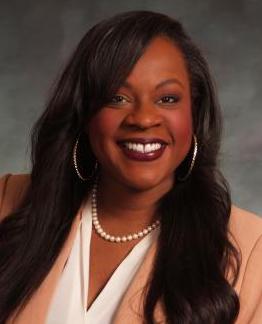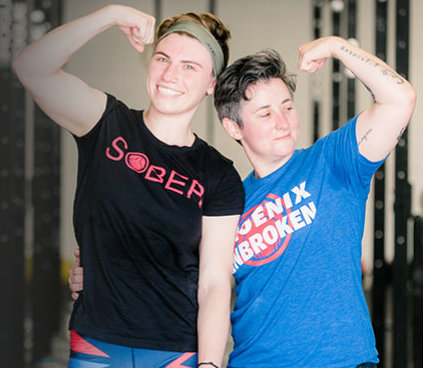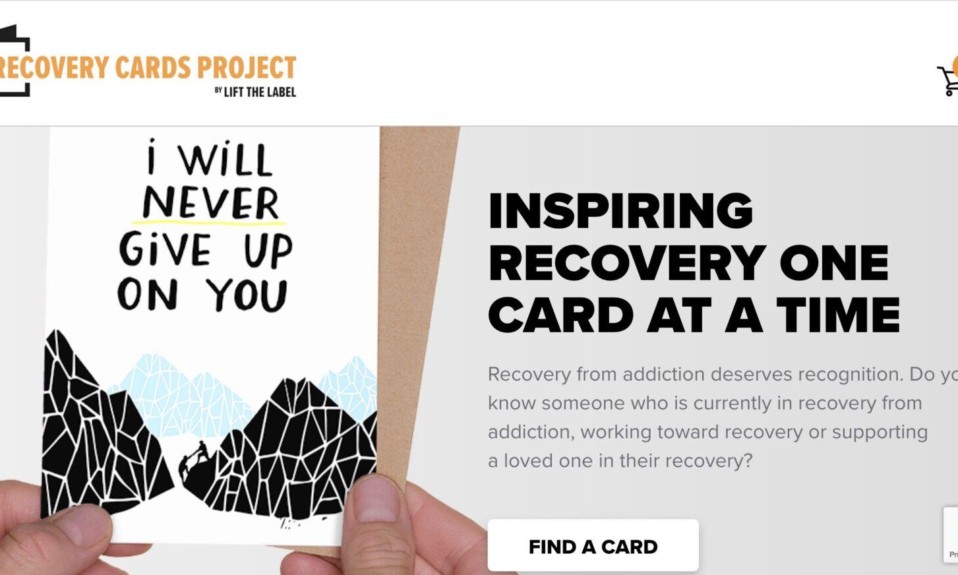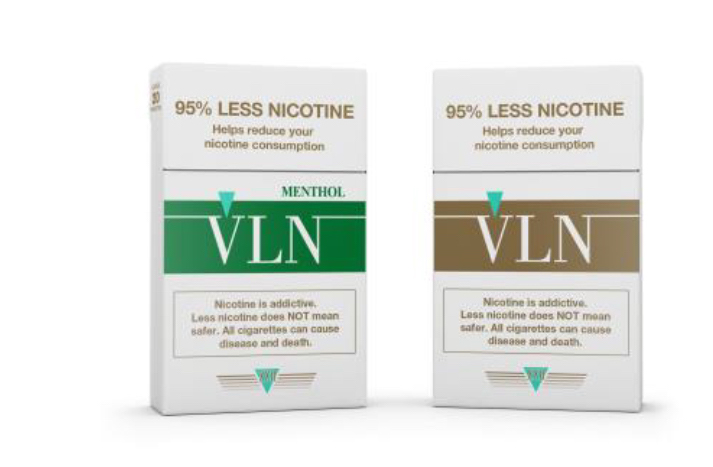Colorado has risen into view as a towering presence in addiction care
By Veronica L. Holyfield
“My writing had to be my medicine,” says poet and mental health advocate Theo Wilson. “I had some mental issues growing up, and I was not allowed in my household to take any medicine for it. My activism is mainly focused around Black lives and specifically healing through community dialogue in barbershops, called Barbershop Talks.”
Wilson is a Denver-based creative who has turned his struggles into a path of restoration and hope for many as he utilizes his platform as a public speaker for social justice. For many people like Wilson who battle issues with mental health and substance abuse, Denver in particular and Colorado in general have offered a plethora of addiction recovery resources. This is no accident. Colorado has made a concerted effort to step up its behavioral health efforts in recent years, such as with House Bill 21-1097, which was signed into law in April 2021 and created the state’s Behavioral Health Administration.
Caring for Denver
But there’s more. “As [an elected] representative of Denver, I really focused on making sure that efforts around substance misuse and recovery were brought to the [forefront],” says Colorado state representative Leslie Herod. “One thing that we’ve done is we created Caring for Denver [in 2018], which is our mental health and substance misuse ballot measure and is now a foundation that I’m the chair of.”

As a queer woman of color who has experienced the deleterious effects of a family torn apart by addiction, mental health issues and the prison system, Herod is adamant about providing support for all Denverites who need it. Watching her sister battle substance abuse disorder (SUD) was a catalyst for Herod to push through legislation that has now allocated roughly $40 million annually to innovative organizations that are implementing treatment programs for addiction and mental illness.
Meeting people where they are was the model for Caring for Denver, starting with forums and polls asking the residents of Denver what kind of support they needed. Taking an approach that emphasized compassion, Herod and her team created a statewide strategic plan for SUD recovery that addressed the gaps in care. With initiatives like a harm reduction model that removes barriers to needle exchange programs, ongoing treatment options after relapses, and the Support Team Assisted Response (STAR) Program (which promotes an EMT and mental health professional presence rather than law enforcement for those who are experiencing crisis due to mental health issues, poverty, homelessness or substance misuse), Denver is attempting to be on the cutting edge.
“We’ve done a lot in these areas and are really trying to take a holistic approach to care,” says Herod. “The traditional methods haven’t worked, nor has the War on Drugs, so it’s important that we provide other vehicles for people to be more successful in their recovery.”

Caring for Denver has been pivotal in directing the necessary funds to innovative programs like The Phoenix, a sober community that is centered on the healing power of physical activity. After starting in Denver, The Phoenix has opened locations in 26 states across the country. Meanwhile, programs like Colorado Artists in Recovery (CAiR), which offers creative art, performance and mindfulness workshops for those in recovery, also have found success in Colorado.
Colorado’s Recovery-oriented Mindset
The work, however, began as far back as 2012, long before Caring for Denver. Marc Condojani, director of Adult Treatment and Recovery for the state, explains it this way: “I think we need to start with the fact that we’re a state that took advantage of Medicaid expansion. We made sure that substance use services were truly covered, because prior to 2012 the Medicaid benefit was only for people that were categorically eligible. Another piece is that we also have a vibrant, active recovery community in Colorado.”
Organizations like Advocates for Recovery Colorado (AFR)—a peer-run, grassroots nonprofit—have become staples for those who are seeking resources in order to overcome addiction. Since 2001, through coaching, peer-support services and recovery groups, AFR has served more than 50,000 individuals. Once a person is stabilized in their recovery journey, there is a path to employment through organizations like Colorado Mental Wellness Network, which is a peer-led advocacy group that supports evidence-based, skill-building workshops and training for those looking to serve the community.

Recovery community organizations such as Springs Recovery Connection, located in Colorado Springs, also play a pivotal role. They provide encouragement and help in broadening networks for folks working toward long-term recovery.
“Everyone’s life is valid, and people in recovery being vocal and being seen is how we break that stigma, because not enough of us have an image that there’s life after addiction,” says Condojani. “So, the strong recovery movement helped build our momentum to think beyond the typical boxes of a 28-day rehab—to think that recovery means more than just stopping use, but rebuilding life.”
This type of outlook has spurred decision-makers to be creative and take advantage of federal grants that reach every county in the state. Access to medication-assisted treatment programs touched all 64 of Colorado’s counties in 2021; only four years ago, the number was less than half of that.
All Hands on Deck
Herod is among those who realize that curbing addiction and mental health issues ultimately comes down to meaningful collaboration between the state government and the people who are doing the work in treatment and recovery circles. Says Herod, “It can’t just be legislatively alone. It’s got to be legislation to support the community efforts, so we need comprehensive strategies that are also hyper-localized.”
One of the other strengths Colorado has is that we believe in R&D—rip off and duplicate. If we see that someone else has done something and mastered it, we will go ahead and borrow it and implement it to make it work for Colorado.”
—Mark Condojani, director of Colorado’s Adult Treatment and Recovery
Condojani admits that Colorado hasn’t always been a leader in the recovery arena. The recent hard work, in fact, has been a reaction to problematic drug use in the state.
“There are a lot of states that have done some tremendous work in this area, and I think Colorado in a lot of ways may have been behind on some of the recovery work,” he says. “A lot of other states have focused on ROSC, Recovery-Oriented System of Care. So, one of the other strengths Colorado has is that we believe in R&D—rip off and duplicate. If we see that someone else has done something and mastered it, we will go ahead and borrow it and implement it to make it work for Colorado.”
It’s an approach that has brought the Rocky Mountain region to the top of the treatment and recovery world.
Top photo: Joshua Woroniecki














